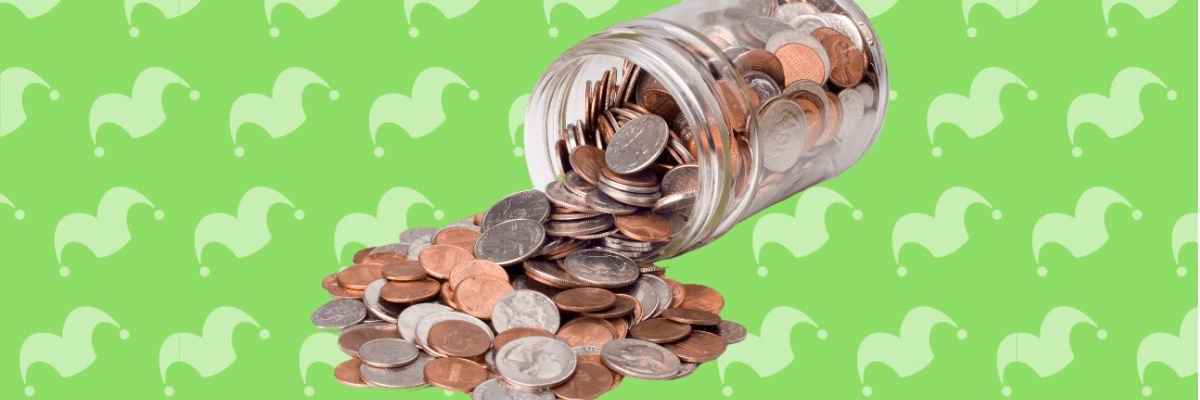Should You Switch to a CD Before Your Savings Account Interest Rate Falls?
KEY POINTS
- Many people expect the Federal Reserve to begin lowering interest rates this year, which will lead to lower savings account rates.
- CDs are appealing in falling-rate environments because your interest rate is locked in for the full CD term.
- But CDs aren't suitable for all your cash, so keep your emergency fund in a savings account and invest long-term savings.
The Federal Reserve held interest rates steady at its recent meeting on March 20, 2024, but many people expect this may not be the case for meetings later in the year. With inflation slowing down, it makes sense that the Fed might think about reducing interest rates in the next several months.
This is great news for loan borrowers, but it's a tough break for savers, who have been enjoying interest rates hovering around 5%. Some people are probably thinking about moving their cash to a certificate of deposit (CD) before the expected rate drop, but this has drawbacks of its own. Here's what you need to know to decide where to keep your cash.
Why move your money to a CD?
CDs are appealing right now because they offer high interest rates on your funds and they lock in your rate for the entire CD term. This could be anywhere from a few months to several years, depending on the CD you choose.
This makes it possible to earn more with a CD than you could with a savings account that has fluctuating interest rates over the same period. But there's an obvious problem with this.
If you opt for a CD, you won't have access to your cash until the CD term is up. Withdrawing your money early is technically possible, but you'll likely pay an early withdrawal penalty for doing so. This is usually equal to several months of interest payments. And you have to withdraw all your cash at once; partial withdrawals aren't an option.
To give themselves some added flexibility, many choose to employ a CD laddering system. This is where you divide your cash between several CDs of different lengths. For example, you might put $1,000 in a 1-year CD, another $1,000 in a 2-year CD, another $1,000 in a 3-year CD, and so on. Then, when the first CD term ends, you can either spend the cash or move it to another long-term CD, since those generally have the best interest rates.
But even this strategy isn't ideal for all your cash. You want to keep your emergency fund accessible at all times because you never know when you'll need that money. And if you know you have a planned expense coming up in the next few months, a CD probably isn't the right fit for those funds either.
Where else can you put your cash?
A high-yield savings account is still a viable place to keep your cash, even if interest rates begin to fall. This might decrease the amount you earn in interest during the year, but you'll still retain access to your funds at any time. Most banks let you make up to six penalty-free withdrawals per month, and some may allow for more than this.
Investing might be a better choice for the savings you don't plan to use for the foreseeable future. You open yourself up to the risk of loss when investing, but you could also gain significantly more than you could with even the best CD rates.
It's also fine to spread your money around between several sources. You might keep your emergency fund in a savings account, put some money in a CD, and invest the rest of it. Do what feels right to you. Just make sure you explore all your options before making a decision.
Our Research Expert




